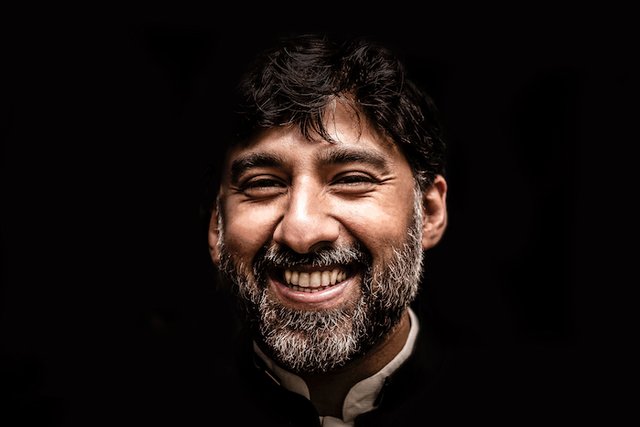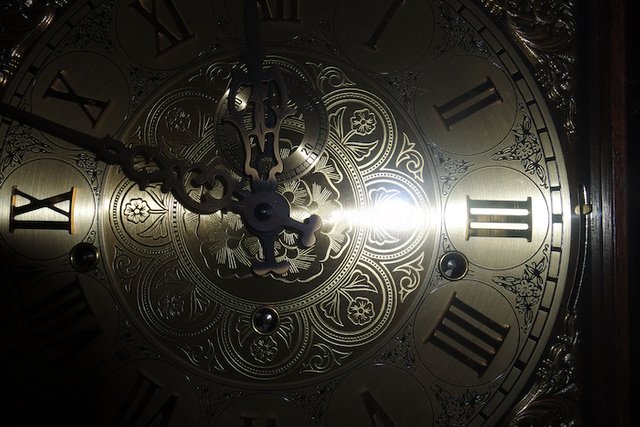
You are reading this because you want success.
Right now, at this moment, you haven’t got success. If you did, you wouldn’t be reading this..!
So, what is success? Most of us want it. Some of us know what it is. But few of us ever get it.

Why is this?
How can so many of us want success if so few of us know what it is?
Why do so few know what it is?
What makes them so special?
How do they get it?
What do they know that is so different to the rest of us?
I am 44. I have been on a mission to be successful since I was 17. In this article, I share what I have learned on my mission.

So, what is success?
I have always wanted to be successful. Ever since I decided my Dad was. I was about nine. Yet even though I didn’t know what it meant, I knew I wanted it.
How could I know I wanted something that I didn’t understand?
My Dad was an entrepreneur. He started his business at 19. He stopped working at 69. When he died.
I may have thought success meant working for yourself. But I saw how hard my Dad worked. Did all successful people work so hard?
I may have thought success meant money. Dad always had plenty of cash in his pocket. He ate out when he wanted. He bought what he wanted. Did all successful people have money?
I may have thought success meant foreign holidays. We went abroad every year, sometimes twice. Did all successful people have many holidays? It was probably the combination of self-direction, money and holidays that formed my early view of success.

As I grew up, my view began to change. As I understood what work other people did, so I began to realise it wasn’t the material benefits that defined success. I began to see that my Dad made his own decisions. He walked his own path. He had a high degree of autonomy. He was also well-respected, good at his work and helpful. He had developed mastery. He also loved what he did. His work mattered to him. He made a difference. He had a purpose.
I began to appreciate autonomy, mastery and purpose motivated him. It wasn’t the house or the cars or the holidays that motivated him. It wasn’t even the money. External factors counted for little. It was those internal factors that got him out of bed on cold, wet mornings. He was autonomous. He sought mastery and he had a purpose.
When I entered the workforce, I made sure those three factors were important to me. Even if I still didn’t really understand them. As I matured, I began to appreciate the importance of them. Treading my own path was more important than following the flock. Being good meant more than looking good. Not for me the aimless drudgery, I learnt to work with purpose. It was stimulating. And I enjoyed it.
I learned to work like this and I did it for years. It fulfilled me. As I mastered my craft, so I began to realise the benefits. I worked hard, like my Dad. I was respected, like my Dad, I had money, like my Dad, and I holidayed, like my Dad.I was working long hours. Most days. Including weekends. But, I was successful. Or so I thought.

Three years ago, my Dad got cancer. For the third time. It was terminal. If there is anything good about a terminal diagnosis, it is the obvious fact that you know you are going to die, in a timeframe you can appreciate. It means you can talk and be listened to. It means you can be questioned and provide answers. It gives you focus to pass on knowledge and wisdom.
My Dad and I spent hours talking. Mostly about the state of the country, or politics, or cars. But towards the end, we talked about us. About him. And about me.
He asked me if I was happy. I told him I was. He told me he was sad. He was sad because I was like him. Too much. He said I worked like he had. I focused like he had. And I was just as unsuccessful as he was.
What?
He had autonomy. So did I.
He had mastery. So did I.
And he had a purpose. And so did I.
We both had money. We both had respect. And we both had holidays.
So, how could he judge me unsuccessful?I was disappointed but, Dad was ill. I didn’t question him. I said goodnight and went home.

Two months before he died, Dad asked me to help him sort out his music collection. He and I shared a love of The Beatles. He taught me to love them. We shared a scotch. And as we listened to his old vinyl, I reflected that I hadn’t listened to Sgt. Pepper for years.
Later in the evening, Dad asked how my writing was going. I told him I hadn’t written for fun in more than six years. As I got ready to leave, Dad asked me whether I would cook him his favourite meal next time. I said I would, but I hadn’t cooked in a long time.
We had a great night. We said goodnight and I went home. Dad rang me the next day. He wanted to speak with me again.
He recalled the night he said I was unsuccessful. He told me he saw the disappointment and the hurt in my eyes. He said how sorry he was.
Then, like the wisest of men, at the end of the greatest of stories, he explained.

To be successful is a goal. And goals must be measurable. How do we measure success?
Can the amount of money we have, be the measure? Does everyone have money? Does everyone understand money? Does everyone have the same type of money? If success is universal, but the measure is not, how can it measure success?
Can the amount of power we have, be the measure? Does everyone have power? Does everyone understand power? Does everyone have the same type of power? If success is universal, but the measure is not, how can it measure success?
Dad looked at me. Then he asked me, what measure was universal? What measure does everyone understand? What measure does everyone have? I thought about it. Then the penny dropped.

Time. Time is the measure. We all have time. We all understand time. We all have the same type of time.
The difference between successful people and unsuccessful people is the amount of disposable time they have. Time they may dispose of in a manner they chose.
There are men with money, but no time to spend with their wives. Are they successful?
There are women with power, but no time to spend with their children. Are they successful?
There are people who sacrifice their youth to gain wealth. In old age, they spend their wealth restoring their health. Are they successful?
I believe the purpose of life is the pursuit of happiness. I am happiest when I am with people I love. When I am cooking them food. When I am reading and when I am writing. And when I am listening to, and sharing, music.
It is neither money nor power that enables this. It is neither autonomy, nor mastery, nor purpose.
To be with the people I love, I need time. To cook for them, I need time. To read for them, or alone, I need time. To write, I need time. And to share the music my Dad shared with me, with my children, I need time.
Success is disposable time.
Time, we may dispose of in the pursuit of happiness. Which, is the purpose of life.
My Dad died weeks later, in April 2016. This was the last meaningful conversation we had. I have spent every day since his funeral working out how to achieve success. And I have done it. I know how to achieve success. Guaranteed. And I will tell you, in my next post.
If you have time..!
Hi, thank you for sharing, following you ^^
Downvoting a post can decrease pending rewards and make it less visible. Common reasons:
Submit
Congratulations @gca! You received a personal award!
You can view your badges on your Steem Board and compare to others on the Steem Ranking
Vote for @Steemitboard as a witness to get one more award and increased upvotes!
Downvoting a post can decrease pending rewards and make it less visible. Common reasons:
Submit